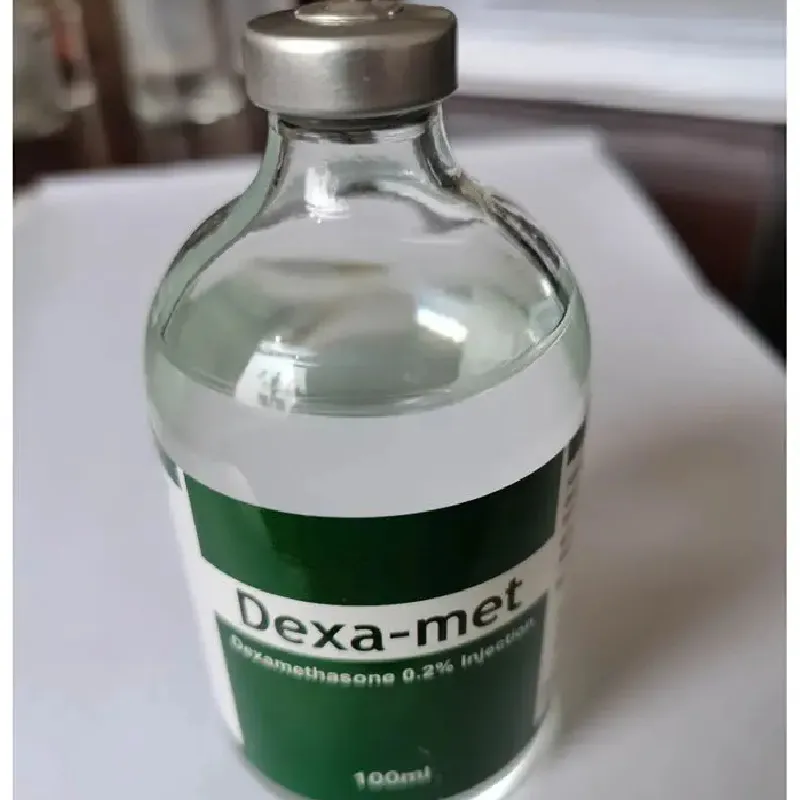- Afrikaans
- Albanian
- Amharic
- Arabic
- Armenian
- Azerbaijani
- Basque
- Belarusian
- Bengali
- Bosnian
- Bulgarian
- Catalan
- Cebuano
- Corsican
- Croatian
- Czech
- Danish
- Dutch
- English
- Esperanto
- Estonian
- Finnish
- French
- Frisian
- Galician
- Georgian
- German
- Greek
- Gujarati
- Haitian Creole
- hausa
- hawaiian
- Hebrew
- Hindi
- Miao
- Hungarian
- Icelandic
- igbo
- Indonesian
- irish
- Italian
- Japanese
- Javanese
- Kannada
- kazakh
- Khmer
- Rwandese
- Korean
- Kurdish
- Kyrgyz
- Lao
- Latin
- Latvian
- Lithuanian
- Luxembourgish
- Macedonian
- Malgashi
- Malay
- Malayalam
- Maltese
- Maori
- Marathi
- Mongolian
- Myanmar
- Nepali
- Norwegian
- Norwegian
- Occitan
- Pashto
- Persian
- Polish
- Portuguese
- Punjabi
- Romanian
- Russian
- Samoan
- Scottish Gaelic
- Serbian
- Sesotho
- Shona
- Sindhi
- Sinhala
- Slovak
- Slovenian
- Somali
- Spanish
- Sundanese
- Swahili
- Swedish
- Tagalog
- Tajik
- Tamil
- Tatar
- Telugu
- Thai
- Turkish
- Turkmen
- Ukrainian
- Urdu
- Uighur
- Uzbek
- Vietnamese
- Welsh
- Bantu
- Yiddish
- Yoruba
- Zulu
7 月 . 28, 2024 19:47 Back to list
Alternative Uses and Benefits of Gentamicin Sulfate in Equine Veterinary Medicine for Horse Health
Gentamicin Sulfate for Horses An Overview
Gentamicin sulfate is an antibiotic commonly used in veterinary medicine, particularly for equine care. This potent aminoglycoside antibiotic is effective against a range of Gram-negative and some Gram-positive bacteria, making it a valuable tool in treating various infections in horses. Understanding its applications, dosage, mechanisms, and potential side effects is crucial for horse owners and caretakers.
Applications of Gentamicin Sulfate
Gentamicin sulfates are primarily utilized in treating infections caused by susceptible bacteria in horses. It is often prescribed for conditions such as pneumonia, skin infections, and infections of the urinary tract, among others. The antibiotic is especially effective in cases where other antibiotics may fail due to bacterial resistance. Gentamicin is usually administered when a serious infection is present that requires an aggressive treatment approach, making it a critical option in equine medicine.
Additionally, gentamicin is commonly used in combination with other antibiotics to broaden the spectrum of bacterial coverage. This combination therapy can significantly enhance treatment efficacy, particularly in severe cases.
Administration and Dosage
Gentamicin sulfate is typically administered via intramuscular (IM) or intravenous (IV) routes. The dosage depends on several factors, including the horse's weight, the severity of the infection, and the specific condition being treated. Veterinarians generally recommend a dosage of 6.6 mg/kg body weight, administered once or twice daily. The duration of treatment can vary, but it is crucial to follow the veterinarian's recommendations to ensure the effective elimination of the infection while minimizing the risk of developing antibiotic resistance.
gentamicin sulfate for horses

Mechanism of Action
Gentamicin exerts its antibacterial effects by inhibiting bacterial protein synthesis. It binds to the 30S ribosomal subunit of bacteria, disrupting the reading of mRNA and leading to the production of faulty proteins. This mechanism ultimately results in bacterial cell death, effectively clearing the infection. Its efficacy against a wide range of pathogens, particularly those found in equine medicine, makes gentamicin a preferred choice among veterinarians.
Side Effects and Precautions
While gentamicin is generally considered safe when used appropriately, there are potential side effects that horse owners should be aware of. The most common side effects include nephrotoxicity (kidney damage) and ototoxicity (hearing impairment). To minimize these risks, it is crucial to administer the drug as prescribed and to monitor the horse for any signs of adverse reactions.
Additionally, because gentamicin can accumulate in the body, it is important for the attending veterinarian to conduct regular blood work to assess kidney function during treatment, particularly in cases where prolonged use is necessary.
Conclusion
Gentamicin sulfate is an essential antibiotic in the armamentarium of equine veterinary medicine, providing effective treatment for various bacterial infections in horses. Its ability to combat resistant bacteria makes it particularly valuable in critical situations. However, responsible use, appropriate dosing, and close monitoring are imperative to maximize its benefits and minimize potential side effects. With careful management, gentamicin sulfate can play a vital role in maintaining the health and well-being of horses under veterinary care. Always consult a qualified veterinarian for diagnosis and treatment options tailored to the specific needs of your horse.
-
The Power of Radix Isatidis Extract for Your Health and Wellness
NewsOct.29,2024
-
Neomycin Sulfate Soluble Powder: A Versatile Solution for Pet Health
NewsOct.29,2024
-
Lincomycin Hydrochloride Soluble Powder – The Essential Solution
NewsOct.29,2024
-
Garamycin Gentamicin Sulfate for Effective Infection Control
NewsOct.29,2024
-
Doxycycline Hyclate Soluble Powder: Your Antibiotic Needs
NewsOct.29,2024
-
Tilmicosin Premix: The Ultimate Solution for Poultry Health
NewsOct.29,2024













